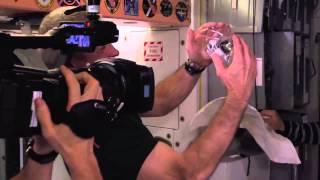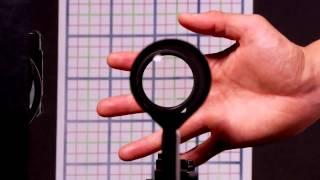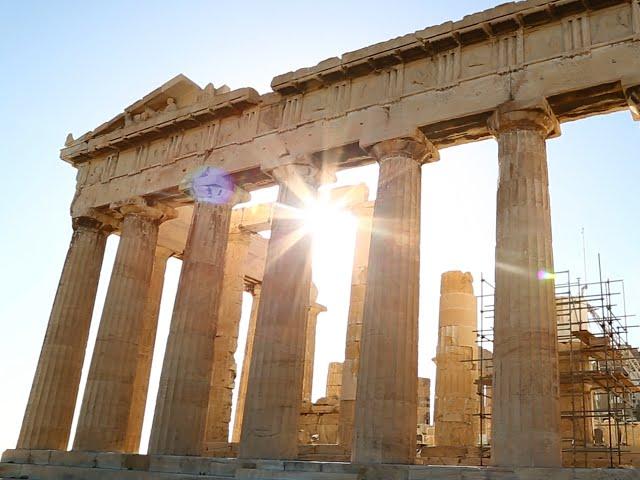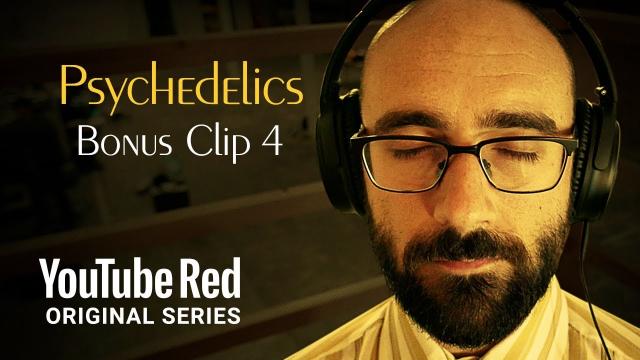Time Travel, Teleportation & Science
Time travel is the concept of moving between different points in time in a manner analogous to moving between different points in space, generally using a theoretical invention, namely a time machine. It has a commonly recognized place in philosophy and fiction, but has a very limited application in real world physics, such as in quantum mechanics or wormholes.
Although the 1895 novel The Time Machine by H. G. Wells was instrumental in moving the concept of time travel to the forefront of the public imagination, The Clock That Went Backward by Edward Page Mitchell was published in 1881 and involves a clock that allowed three men to travel backwards in time.[1][2] Non-technological forms of time travel had appeared in a number of earlier stories such as Charles Dickens' A Christmas Carol. Historically, the concept dates back to the early mythologies of Hinduism (such as the Mahabharata), Buddhism, and Islam through ancient folk tales. More recently, with advancing technology and a greater scientific understanding of the universe, the plausibility of time travel has been explored in greater detail by science fiction writers, philosophers, and physicists.
Teleportation, or Teletransportation, is the theoretical transfer of matter or energy from one point to another without traversing the physical space between them. It has a commonly recognized place in science fiction literature, film, and television, but as yet has a very limited application in real world physics, such as quantum teleportation or the study of wormholes.
Science (from Latin scientia, meaning "knowledge") is a systematic enterprise that builds and organizes knowledge in the form of testable explanations and predictions about the universe. In an older and closely related meaning, "science" also refers to a body of knowledge itself, of the type that can be rationally explained and reliably applied. A practitioner of science is known as a scientist.
In modern usage, "science" most often refers to a way of pursuing knowledge, not only the knowledge itself. It is also often restricted to those branches of study that seek to explain the phenomena of the material universe.
Source : Wikipedia
-
01:00
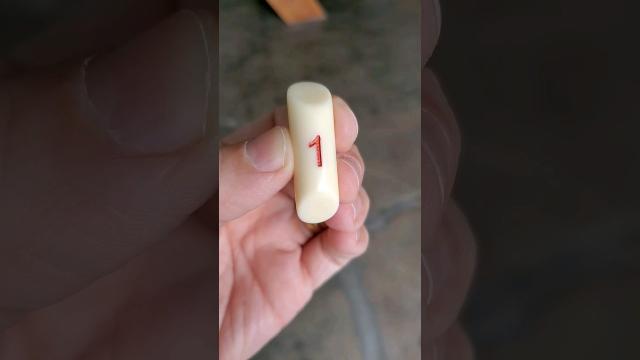
Denary Dice
Added 170 Views / 0 Likesd1, d2, d3, d4, d5, d6, d7, d8, d9, d10http://www.CuriosityBox.com CODE "1"
-
03:41
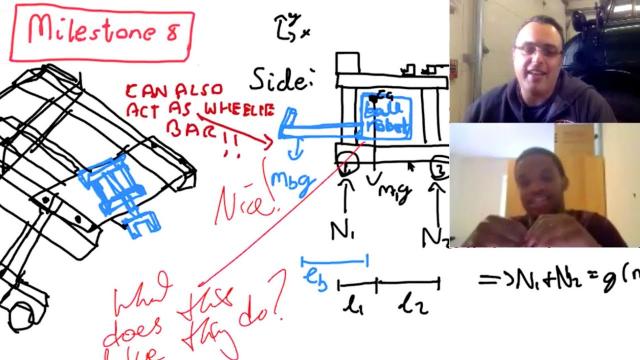
Design problem: How to teach a hands-on course online
Added 505 Views / 0 LikesEvery spring at MIT, Amos Winter, associate professor in the Department of Mechanical Engineering, co-teaches Course 2.007: Design and Manufacturing I. One of the most hands-on courses offered at MIT, it culminates in a popular robotics competition watche
-
02:05
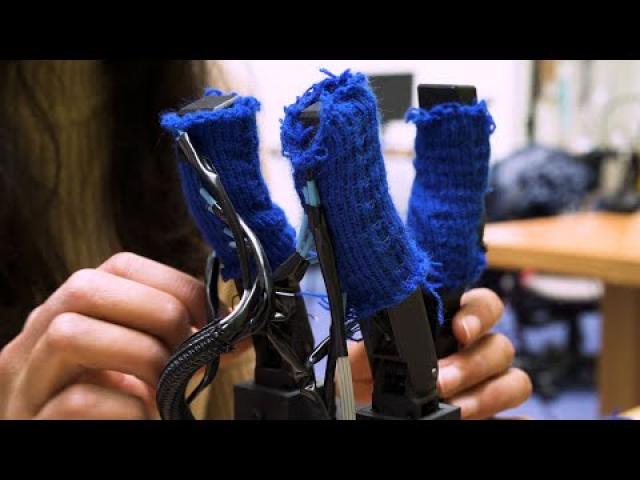
Design your own robotic hand
Added 247 Views / 0 LikesMIT researchers have created an integrated design pipeline that enables a user with no specialized knowledge to quickly craft a customized 3D-printable robotic hand. (Learn more: https://news.mit.edu/2022/hand-robotic-manipulator-design-0525)Watch more vi
-
00:54
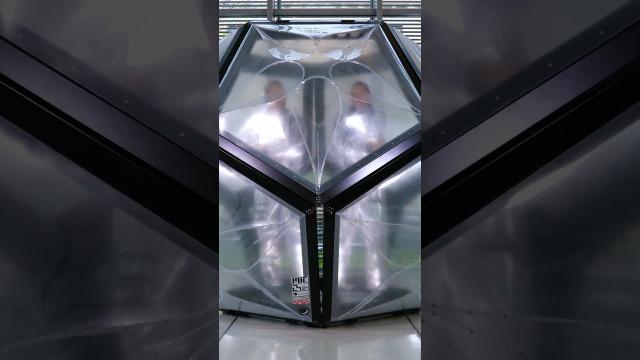
Designing lunar habitats
Added 104 Views / 0 LikesIn a first of its kind course students design, build and test habitats for extreme environments in space.
-
04:32
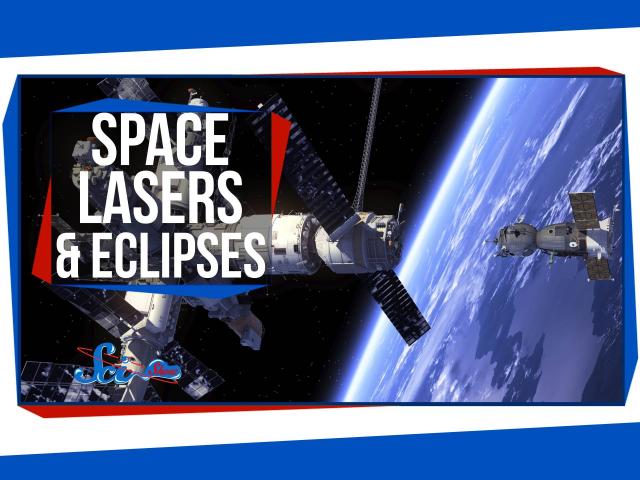
Destroying Space Junk With Lasers, and Two Rare Eclipses!
Added 786 Views / 0 LikesDestroying Space Junk With Lasers, and Two Rare Eclipses!
-
01:37
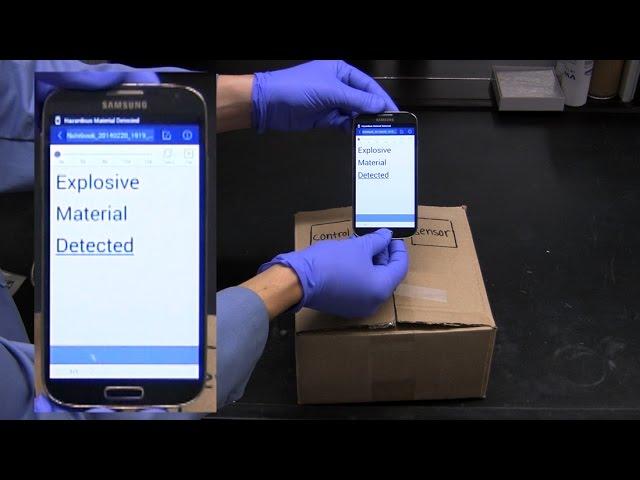
Detecting gases wirelessly with a smartphone
Added 745 Views / 0 LikesDetecting gases wirelessly with a smartphone
-
01:41
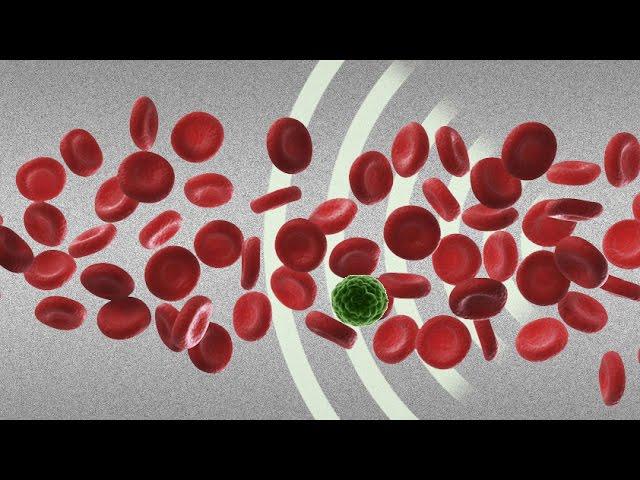
Detecting rare cancer cells with sound waves
Added 795 Views / 0 LikesDetecting rare cancer cells with sound waves
-
05:53
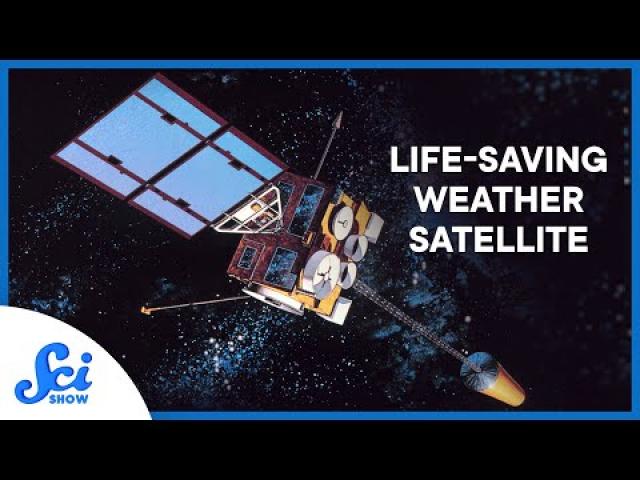
Detecting Tornadoes Early by Observing Lightning... from Space
Added 225 Views / 0 LikesIt’s handy having a view of Earth from space. This particular view may be one that changes the way we predict weather phenomena.Hosted By: Savannah Geary----------Huge thanks go to the following Patreon supporter for helping us keep SciShow Space free for
-
02:14
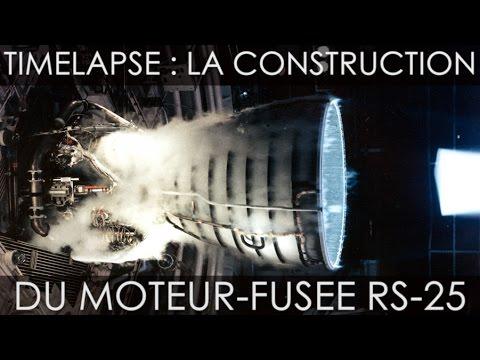
Deux Minutes Pour Assembler Le Moteur-fusée Le Plus Puissant Au Monde
Added 1,031 Views / 0 Likes -
03:01
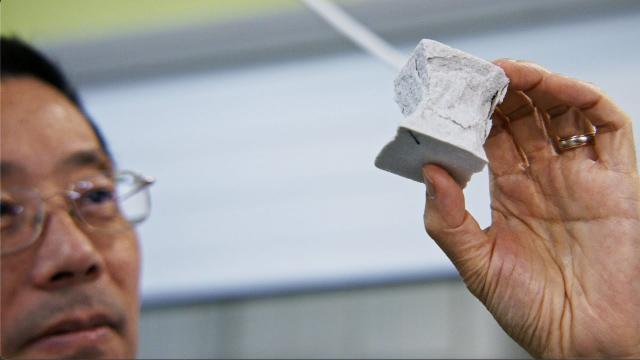
Developing electricity-powered, low-emissions alternatives to carbon-intensive industrial processes
Added 184 Views / 0 LikesThe Center for Electrification and Decarbonization of Industry unites MIT climate researchers to create scalable clean energy solutions under one roof. Learn more about this Climate Grand Challenge flagship project: http://mitsha.re/pz0r50IK3OP Watch more
-
05:54
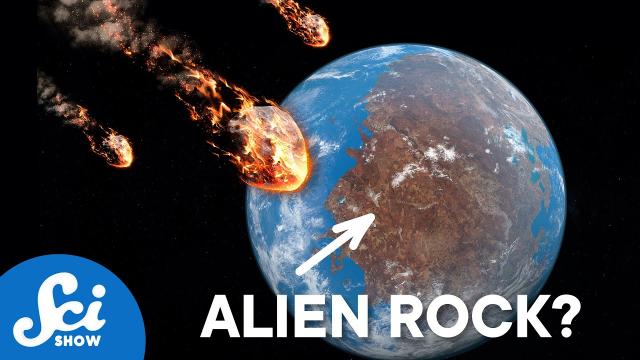
Did Earth's Continents Come from Space?
Added 151 Views / 0 LikesEarth didn't always have the land beneath your feet, but what might have caused it to form is a bit of a mystery.Hosted by: Savannah Geary (they/them)----------Huge thanks go to the following Patreon supporter for helping us keep SciShow Space free for ev
-
43:15
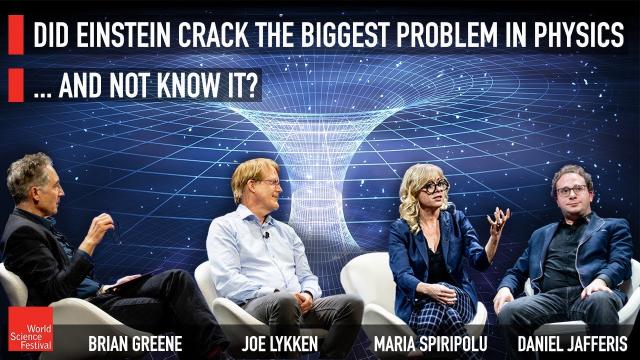
Did Einstein Crack the Biggest Problem in Physics…and Not Know It?
Added 91 Views / 0 LikesJoin Brian Greene and a team of researchers testing Google's quantum computer to glean new insights about quantum gravity from their impressive–if controversial–results.Participants:Maria SpiropúluJoseph LykkenDaniel JafferisModerator:Brian Greene00:00 -
-
22:54

Did People Used To Look Older?
Added 193 Views / 0 LikesJoin the Curiosity Box NOW and I'll send you a bunch of free stuff! https://www.curiositybox.com/pages/vsauceFollow me:https://twitter.com/tweetsaucehttps://www.instagram.com/electricpantsCarl Sagan High School yearbook: https://www.loc.gov/resource/mss85
-
06:10
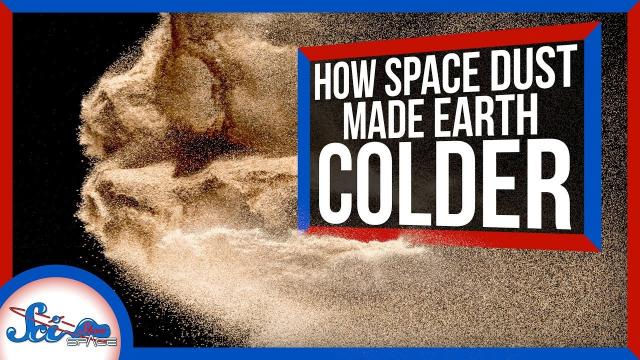
Did This Ancient Asteroid Cause an Ice Age? | SciShow News
Added 555 Views / 0 LikesAround 500 Million years ago, Earth’s climate was warm, and the planet had nearly no ice, even at the poles. Then an asteroid broke apart deep in our solar system, and our planet plunged into an ice age at the same time. Are the two events related? Also,
-
08:33
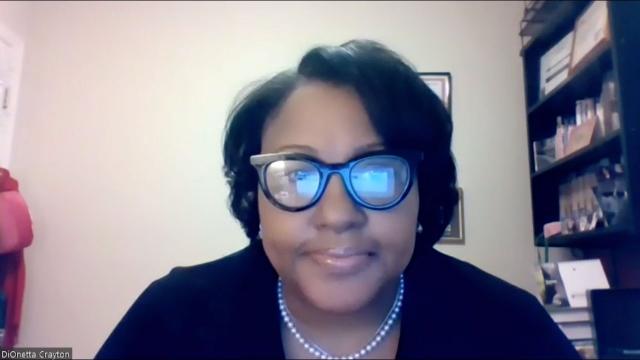
DiOnetta Jones Crayton (An MIT Community Vigil)
Added 371 Views / 0 LikesAssociate Dean for Undergraduate Education and Director of the Office of Minority Education at MIT DiOnetta Jones Crayton speaks to the community.On June 2, 2020, the Institute Community and Equity Office at MIT hosted an online vigil to bring the communi
-
03:06
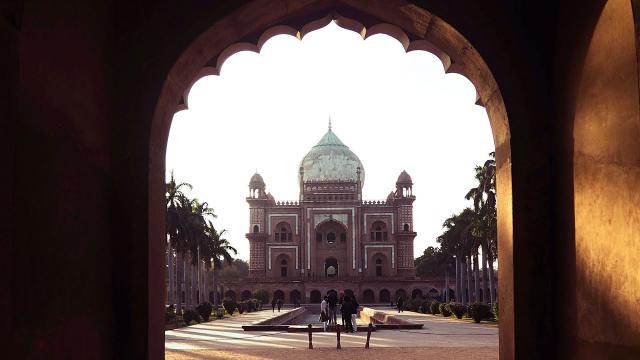
Dissertation (Un)interrupted
Added 360 Views / 0 LikesAidan Milliff, an MIT PhD student in international relations and security studies, had his work in India cut short by the Covid-19 pandemic and the need to return home to the United States. Here he discusses the challenges to finishing a dissertation in t

